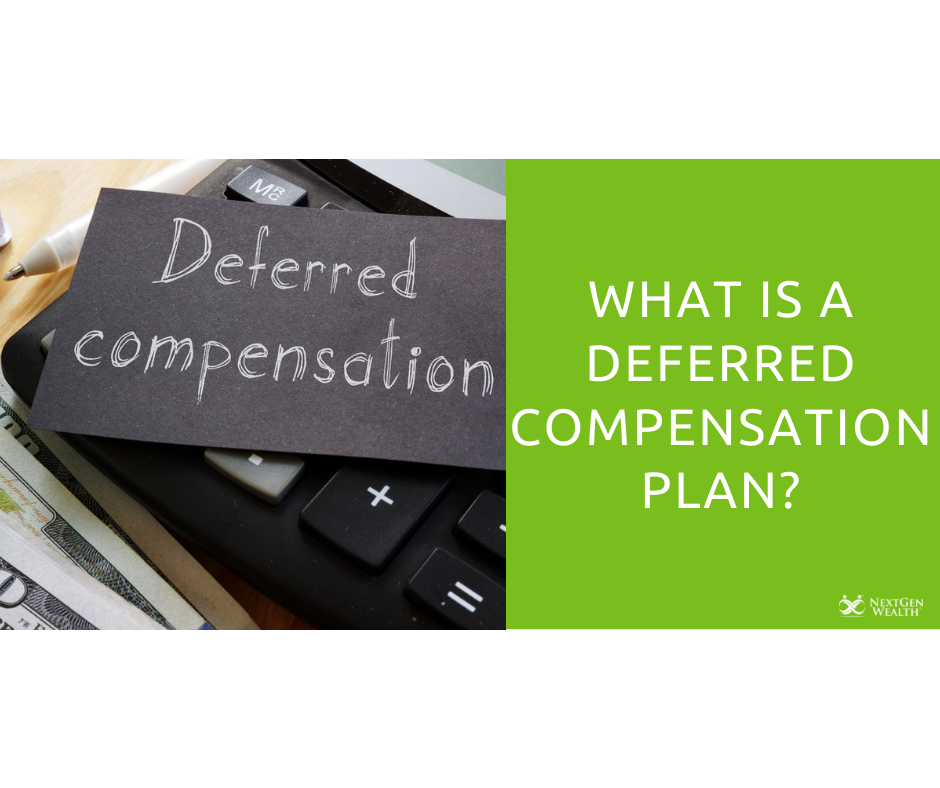The business world uses the term 401(k) often. Many employers offer their employees these retirement accounts as a benefit to working there.
Some employers even offer 401(k) matching. This benefit is exactly as it sounds. An employer matches the amount of money that you contribute to your 401(k). So, you put money into your 401(k), and then your employer does the same.









